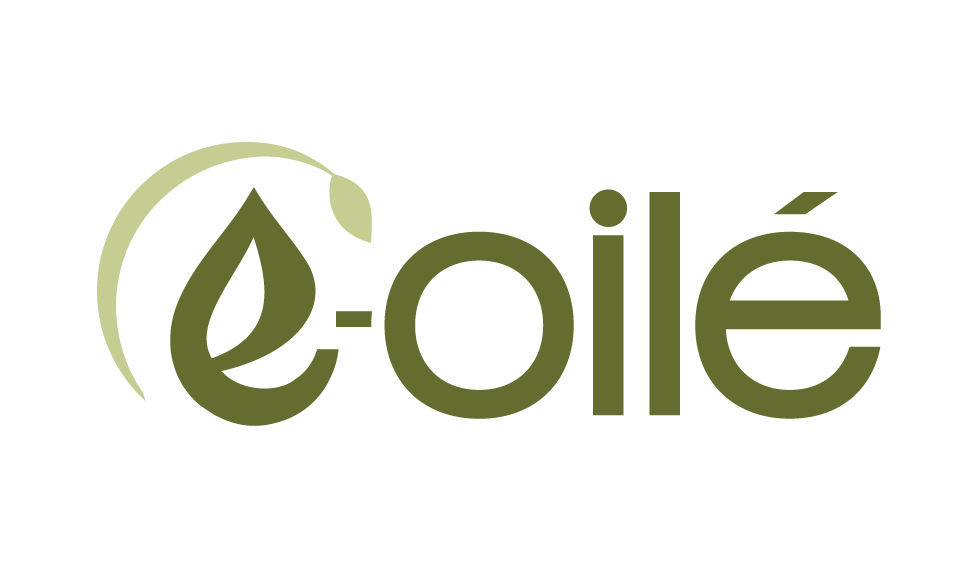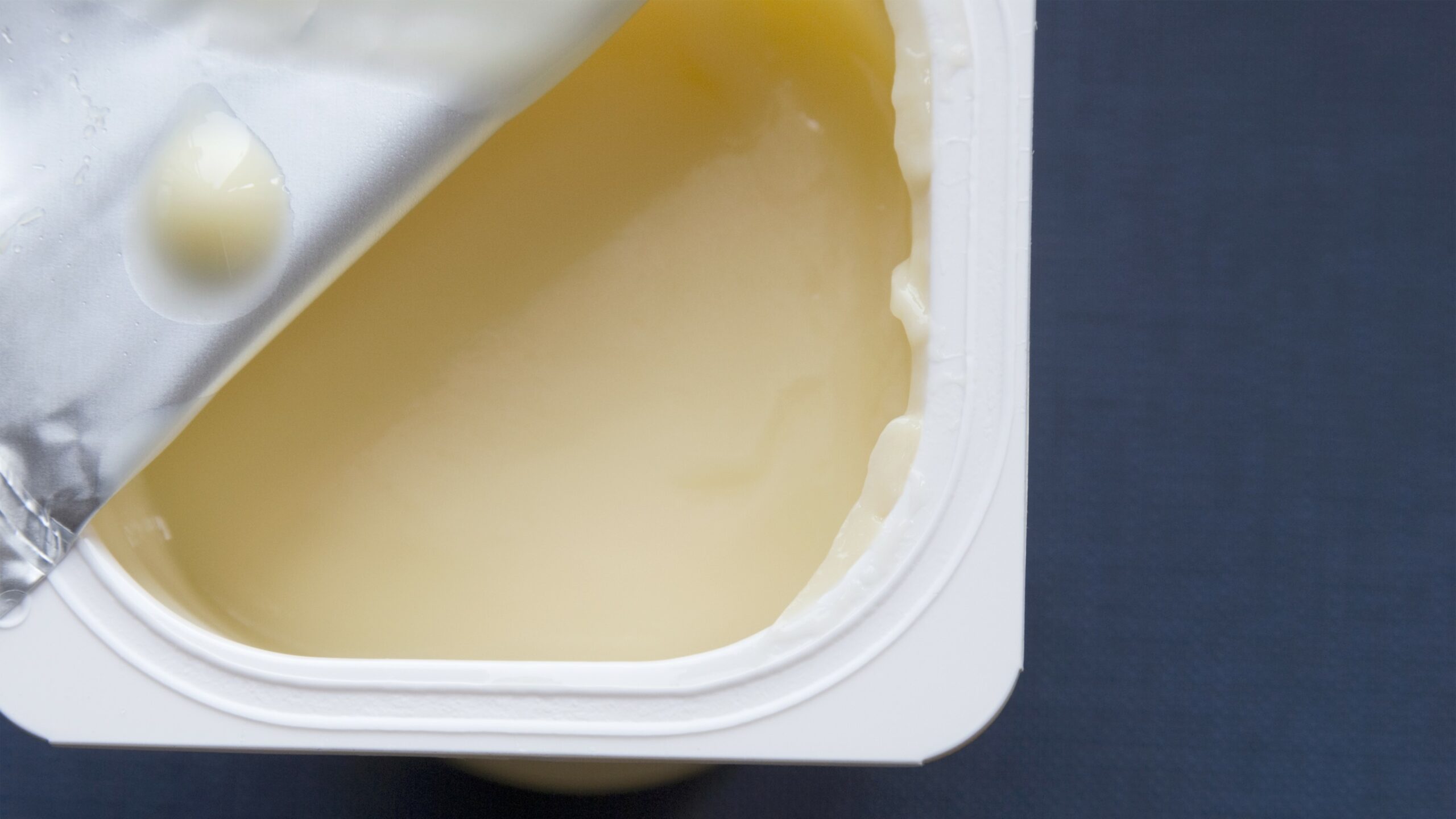E-OilÉ: Sustainable End-of-life routes for single-use monodose packaging for oily products

E-OILÉ aims to deliver safe and sustainable biodegradable and ecodesigned monodose packaging solutions for single-use oily products. These solutions will replace conventional plastics such as polyolefins (PP, PE) and PET used in food and cosmetic applications. The project targets TRL 7 (system prototype demonstration in operational environment), focusing on innovative biopolyesters and polysaccharides with enhanced mechanical and barrier properties, aligning with the “Safe and Sustainable by Design” (SSbD) framework.
Context
The European Strategy for Plastics in a Circular Economy has established clear targets for 2030, aiming for at least 50% recycled content in packaging and a broader adoption of bio-based (BB) solutions. This initiative significantly affects the packaging sector, which is responsible for 39% of total plastic consumption. As a result, there is a strong push toward reducing plastic use, enhancing reuse practices, and increasing recycling rates. However, monodose packaging—particularly in the food and cosmetics industries—presents notable challenges for current waste management systems. Their small size, multi-material structure, and specific usage patterns make sorting and recycling difficult within existing facilities.
The packaging industry is responsible for approximately 60% of post-consumer single-use plastic (SUP) waste, a major source of environmental pollution. The prevalent use of small, single-use packages for oily products like olive oil, body oil, or serums exacerbates recycling challenges due to complex materials and contamination. With growing awareness of environmental and safety concerns, there is a critical need for biodegradable alternatives that support circular economy goals and align with the EU’s environmental strategies under Horizon Europe.
In this context, E-OILÉ project seeks to develop fully biodegradable packaging that meets functional performance, consumer safety, and environmental criteria.
Summary and General Objectives
The core activities of the project will center on developing two value chains for biodegradable polymers and materials, targeting TRL 7. These materials will be engineered for optimal functionality, sustainability, and cost-effectiveness, ensuring they meet end-user requirements and biodegradation goals. The development will align with ongoing European innovations in plastic waste management, aiming to enhance productivity, reduce costs, and improve material performance in industrial-scale continuous production environments.
The general objectives of E-OILÉ are to replace conventional plastics with high-performing, biodegradable materials, while demonstrating the packaging performance through four real-world use cases in the cosmetics and food sectors. The project also aims to ensure complete biodegradability under real environmental conditions, validated through standardized testing protocols. Additionally, it will incorporate AI-driven predictive modelling to assess packaging degradation and sustainability and implement a circular business model applicable to both the food and cosmetics sectors.
Specific Objectives
- Material development: Formulate and scale up biopolyester and polysaccharide-based biomaterials tailored for oily product packaging with advanced barrier properties.
- Eco-design & SSbD: Engineer monomaterial packaging formats with environmental and end-user performance in mind, using SSbD principles.
-
-
-
- Demonstration at TRL 7: Validate industrial feasibility through pilot-scale production and packaging lines.
- Use case integration: Test and demonstrate the packaging in the four targeted use cases across food and cosmetics industries.
-
-
- End-of-Life validation: Prove complete biodegradability in real conditions with scientific backing.
-
-
-
- Digital support tools: Integrate AI and modelling tools to simulate degradation pathways, aiding regulatory and environmental assessments.
- Stakeholder & consumer engagement: Incorporate social sciences and humanities (SSH) expertise to assess consumer acceptance and market readiness.
-
-
Project Consortium
E-OILÉ brings together 14 partners from 8 European countries, including:
- FUNDACION GAIKER (Spain) – Coordinator
- NOVAMONT SPA (Italy)
- Oimo Bioplastics SL (Spain)
- UGRINPACK-ERDOSI KERESKEDELMI ES SZOLGALTATO KFT (Hungary)
- CTLPACK GROUP S.L.U. (Spain)
- PROPAGROUP SPA (Italy)
- DEMESLIS ATHANASIOS (Greece)
- AHAVA DEAD SEA LABORATORIES LTD (Israel)
- ITENE Instituto Tecnológico del Embalaje, Transporte y Logística (Spain)
- TEKNOLOGISK INSTITUT (Denmark)
- NORCE NORWEGIAN RESEARCH CENTRE AS (Norway)
- INTERNATIONAL LIFE SCIENCES INSTITUTE EUROPEAN BRANCH AISBL (Belgium)
- HOLOSS – HOLISTIC AND ONTOLOGICALSOLUTIONS FOR SUSTAINABILITY, LDA (Portugal)
- PNO INNOVATION SL (Spain)
ITENE’s Role
ITENE plays a key role in E-OILÉ project, particularly in packaging validation, and sustainability assessment. It would be leading Work Package 1 (WP1), which focuses on Safe and Sustainability by Design and circularity assessment along the entire biodegradable packaging value chain. Its main contributions include:
- Leading the validation of packaging performance, safety and sustainability of the new biopolymers compared to existing non-biodegradable polymer products (PP, PE and PET), including shelf life and regulatory compliance.
- Supporting the development of eco-design guidelines and contributing to the SSbD implementation applied to E-OilÉ biodegradable packaging solutions for food packaging and cosmetics.
- Participating in supply chain integration, ensuring the developed materials meet industrial standards and are suitability for contact with food and cosmetic products of packaging demonstrators according to European legislation.
Additionally, ITENE participates in other key work packages, such as development and evaluation of novel biodegradable packaging at pilot and industrial scale, or Social impact enhancement, communication and dissemination, promoting technology transfer and market uptake.




